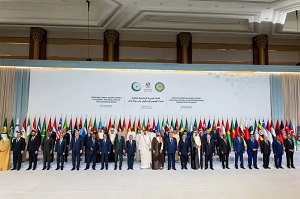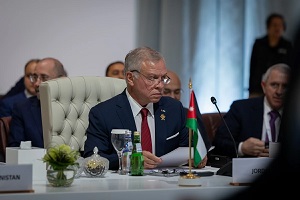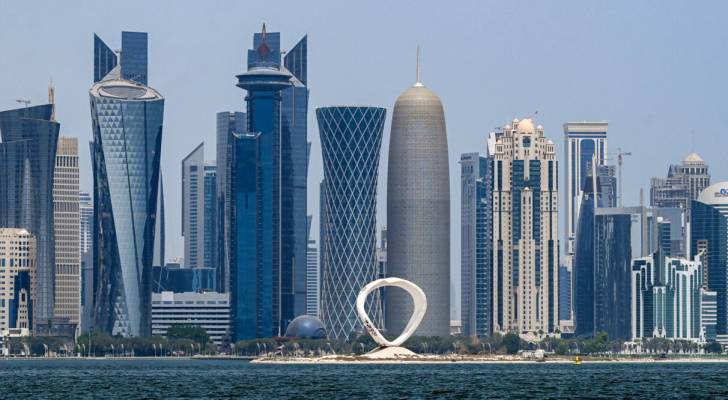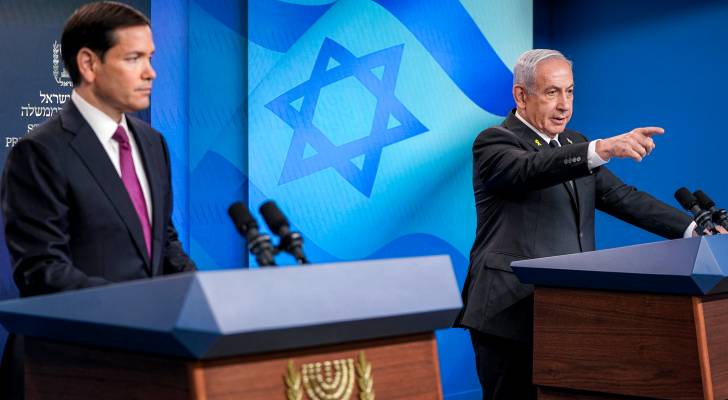Government unveils plans for new 'alternative roads' with toll options
The Jordan Times
AMMAN — The Ministry of Public Works and Housing announced on Saturday that there will be no tolls imposed on existing main or secondary roads as part of its ongoing initiative to develop new “alternative roads” alongside the country’s current network.
Ministry spokesperson Omar Maharmeh said that the alternative road model is being evaluated for three major infrastructure projects. The first is the Al Harraneh–Omari road, which, once in poor condition and considered unsafe, has now been fully reconstructed and equipped with lighting and traffic safety features over more than 70 kilometers.
“This newly revamped route is expected to reduce fuel costs, save time, and ease the travel burden on motorists due to its shorter distance compared to the free Zarqa–Omari road, which will remain toll-free,” Maharmeh said, during a press briefing on Saturday.
The second project under review, he said, is the construction of a flyover connecting Sweileh to Naour Bridge, a busy artery in the capital which officials say is used daily by over 180,000 vehicles.
“The project is designed to provide a faster route than the heavily congested King Abdullah II Street,” Maharmeh said.
“The third involves completing the Irbid Ring Road - the section already in use will remain free, but new extensions, if built, would fall under the alternative-road framework.”
He said, "There will be no tolls for any road without a free alternative,” stressing that existing ring roads will remain free, with only new extensions subject to fees.
He also said that the government will cover the costs of land acquisition for these projects, with fees from users being “significantly lower” than the fuel costs associated with longer or congested routes. “These tolls will be used for maintenance, lighting, and sustainability of the roads.”
“Payment for tolls will be possible through prepaid cards, credit cards, and cash. Additionally, roadside services such as fuel and charging stations, rest areas, and solar-powered lighting will be provided along the routes.”
Maharmeh listed several benefits of the alternative road system, including reduced transport costs, decreased travel times, alleviation of traffic congestion, and improved connectivity between cities and governorates.
“He also noted that the project would help attract investment, create jobs, expand the construction sector, and ease the burden on existing infrastructure.”
Regarding toll fees, Maharmeh explained that the rates would be determined in consultation with investors, taking into account factors such as the road's characteristics, and the costs associated with operation and maintenance.
“Toll charges would remain affordable for users, ensuring both efficiency and long-term sustainability.”
Latest News
-
 Arab-Islamic Summit issues final statement, condemns Israeli attack on Qatar, calls for accountability
Arab-Islamic Summit issues final statement, condemns Israeli attack on Qatar, calls for accountability
-
 King delivers Jordan's address at Emergency Arab-Islamic Summit in Doha
King delivers Jordan's address at Emergency Arab-Islamic Summit in Doha
-
 Leaders unite against ‘Israeli’ strike on Qatar at emergency Arab-Islamic Summit
Leaders unite against ‘Israeli’ strike on Qatar at emergency Arab-Islamic Summit
-
 Gaza’s death toll rises to 64,905: Health Ministry
Gaza’s death toll rises to 64,905: Health Ministry
-
 Rubio promises Netanyahu “unwavering support” to ‘Israel’ in Gaza goals
Rubio promises Netanyahu “unwavering support” to ‘Israel’ in Gaza goals